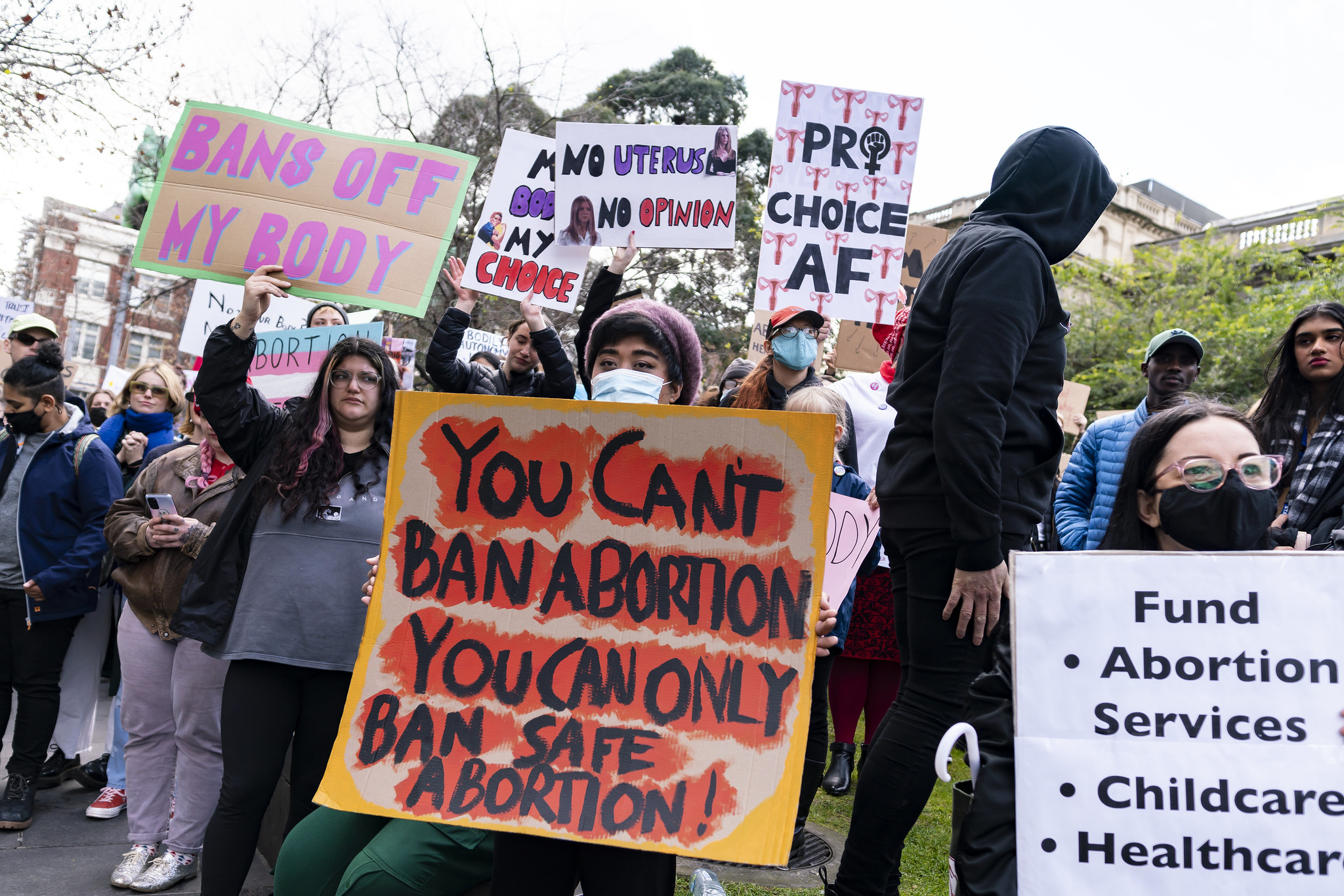Legislation in Massachusetts would ban some of the tactics used by “crisis pregnancy centers” to prevent people from having abortions.
Many of the centers have the words “medical” or “health” in their names, but do not offer licensed reproductive medical care.
Laurie Veninger, reproductive rights activist for the Indivisible Massachusetts Coalition, said the centers advertise “free” tests and ultrasounds and then pressure women into continuing their pregnancies.
“If they were a business, that would be curtailed by existing laws about deceptive advertising,” Veninger pointed out. “But these places are religious nonprofits.”
Veninger explained the crisis centers are often located near abortion providers, where anti-abortion activists try to lure people their way. Abortion opponents contend the centers simply offer confidential services to those facing unplanned pregnancies.
Following complaints, the Department of Public Health recently sent a memo to nearly 30 crisis pregnancy centers regarding state laws and patients’ rights.
Veninger argued Massachusetts is “in the crosshairs” of what she calls “religious extremists,” targeting states where abortion remains legal. She asserted many low-income people are being deceived, with potentially dangerous outcomes.
“Some of them have told us that they called up and made an appointment, because they thought they were going there for an abortion,” Veninger observed. “And then when they got there, didn’t get one, and then, they had to wait another week to get the appointment at the real clinic.”
Veninger emphasized the extra week can mean the difference between having a medication abortion or requiring a surgical procedure. A class-action lawsuit claims a nurse at the Clearway Clinic in Worcester County failed to inform a patient her ultrasound showed an ectopic pregnancy, nearly costing the patient her life.

















